One March afternoon I climbed over the fence which divides my neighbour’s land from mine, and walked on his farm as though it were my own. I looked on it, not in a jealously possessive way, but simply as I might if there were no such thing as land property and all the people held all the land in common. . The land was here before us and will outlive us. The land is not inanimate, it owns us, and we are just some of its creatures. The land lends us minerals, feeds us, clothes us and when we die it takes back all it has given.
Anthony Wigens was a writer and teacher and wrote his only commercially published book, The Clandestine Farm, in 1981.
Wigens took his inspiration from Gerrard Winstanley and the Diggers, Gilbert White and Pyotr Kropotkin. He set out to challenge the myth that certain privileged individuals can exclusively ‘own’ the land upon which we all live. The Clandestine Farm is the story of how he translated these ideas into a practical experiment in his local fields and woods.
The scene of Wigens’s experiment was Lockleys Farm, a stretch of land adjoining the garden of his home near Welwyn Garden City; a farm for which one George Baron held the title. In trespassing on his neighbour’s land, Wigens asserted that he was upholding his common law rights. He set out to exercise his right to gather some of nature’s wild harvest and also to raise edible plants in some of the marginal corners the farmer did not cultivate. However, he was scrupulously careful not to take any of the produce which the farmer grew and ‘did nothing to harm them or restrict his privileges. I neither squatted nor expropriated, nor was I a thief.’
Taking his cue from the writings of continental anarchists, such as Proudhon, and the tradition of English utopian socialism, Wigens rails against the iniquities of our present system of land ownership. He cites the Inclosure Acts of the eighteenth and nineteenth centuries, which extinguished most of the common land rights of ordinary people, as the root of the problem.
Wigens sets out to assert these rights once more by systematically straying from his local public footpaths and encroaching onto land for which someone else held the title. He describes how he forages for nature’s bounty and how his efforts meet with mixed success. Good King Henry, Jack-by-the-hedge (wild garlic), salad burnet, puffball fungus and chickweed were all good. But dandelion leaves he finds very bitter and Roman snails chewy and tasteless. Wigens also exercised his right to gather firewood in the woods near his house.
His boldest experiment was to cultivate Good King Henry, a native spinach-like plant, in a neglected corner of one of George Baron’s fields. The point of the experiment was not so much to raise a decent crop for his own family, but to show up the inequalities of the present system of land ownership. Most of our countryside is owned and farmed by a small number of people while the rest of us have little or no land upon which to grow our own food. Yet within these large farms, indeed throughout our rural and urban areas, one finds neglected, fenced-off plots of land lying abandoned, unloved and uncultivated.
But reading The Clandestine Farm, one cannot help feeling that there is something slightly old-fashioned and middle-class about Wigens’s lone attempts to impose order upon an innately anarchic natural world. He fights a never-ending battle against the native bracken of the spot at the edge of the woods where he wishes to raise his crop. I found myself thinking of my own allotment and the areas upon it I have chosen to leave wild so that the insects and birds can thrive. Indeed, I can almost convince myself that I am not being slovenly, but am following a deliberate and ecologically-sound strategy!
To give Anthony Wigens his due, he begins to realise the limitations of his lone experiment towards the end of this book:
Looking back on the events described in this book, what surprises me most is the solitary nature of all the activities. This was me, just a few years ago before I accepted my own need for a more communal life. And yet what moved me to farm clandestinely moves me still, a need to explore ways of living off the land without owning it, without excluding the rights of others to have access to it… I farm urban wasteland, and I work with others to make these disused plots productive.
Putting aside any quibbles about the practical usefulness of Wigens’s clandestine farming experiment, this is, without doubt, a humane and wise book which raises questions about the ownership of land; questions that are as relevant today as they were to the radicals of the English Civil War. In many ways, Wigens’s clandestine farm was not so much a physical place, as one which lived in his imagination. And the human imagination is the most fertile of all soils.
Not everyone who feels alienated from the land will want to go as far as I have gone. They may not understand why it is so important to take the gifts of the land; they may be concerned to know what the law permits, or to learn what difficulties they may encounter. It is to answer these questions that I have written this book.
Book cover image – Paladin Press
Images 1 and 2 – Bobby Seal
Images 3, 4 and 5 – courtesy of Creative Commons

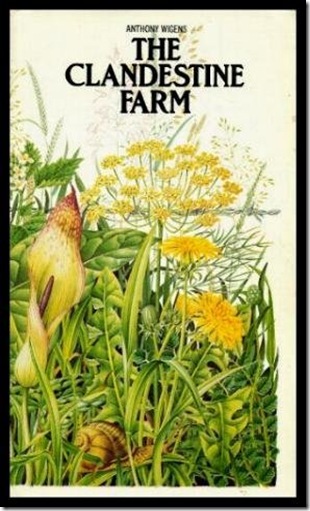
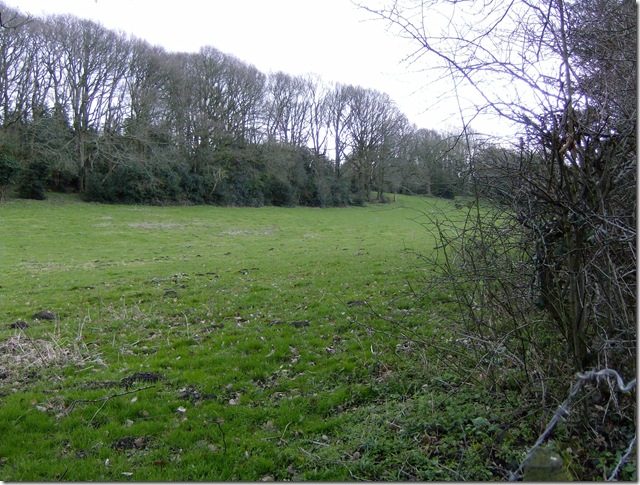
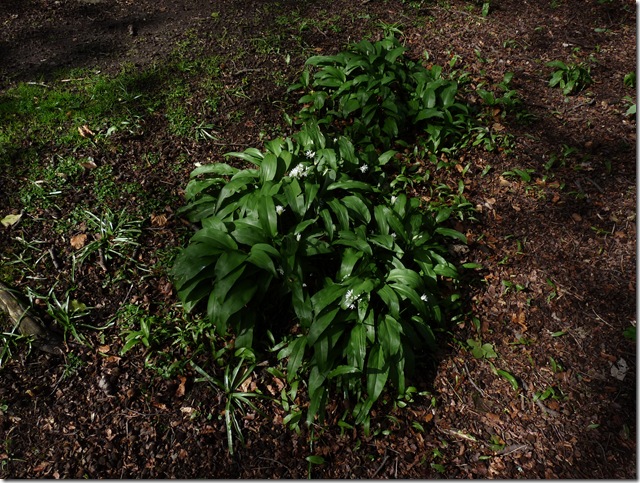
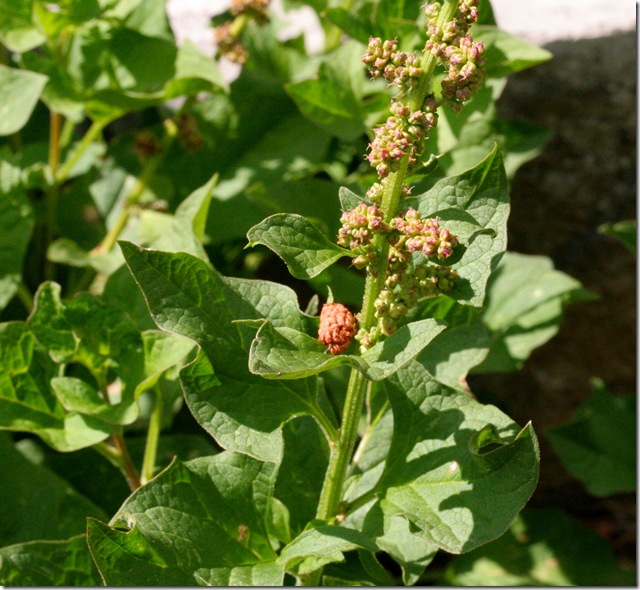
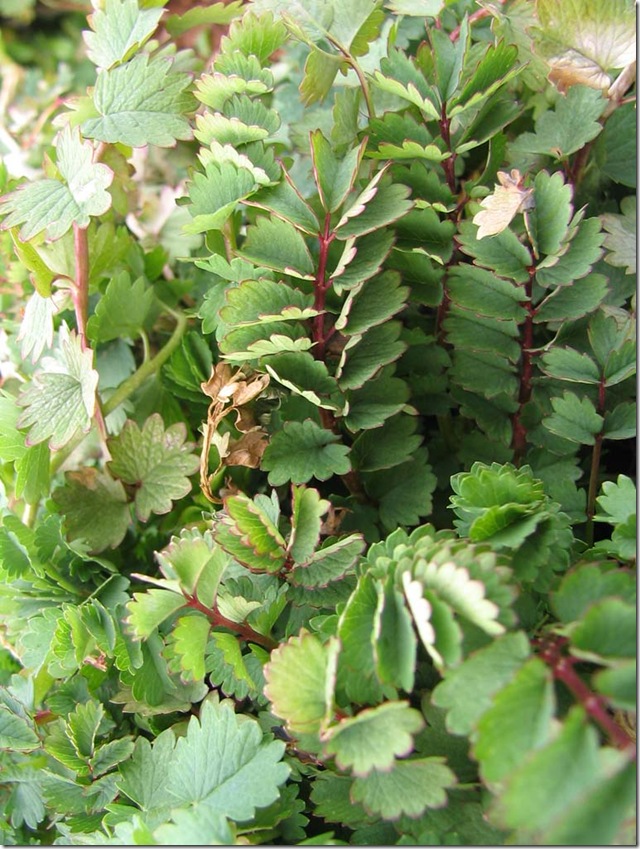
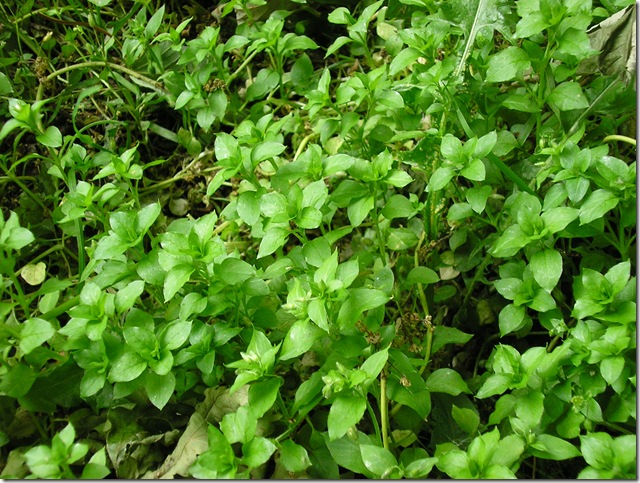
This is fascinating – I had not come across this book in spite of my love of Paladin paperbacks! It brings together many of my interests so thanks for this, Bobby.
Unfortunately the book is out of print now and Google offers no clues to what Anthony Wigens is up to these days nor, indeed, whether he is still with us. He’s left us with a thought-provoking book, though.
It is a thought-provoking book, ideas that are needed more now than ever. My brother, another radical questioner gave me this book in 1981.
I wonder if Richard Mabey knew Tony Wigens, as he reviewed this book.
Yes, I’d love to see it back in print.
This looks fascinating. Is it in print now? Feels like one that Little Toller should reprint!
No, I think it’s long out of print, but I agree with your comment about it feeling like it should be a Little Toller book. I see there’s a ‘very good’ secondhand copy on WoB for £3.49, p&p included.